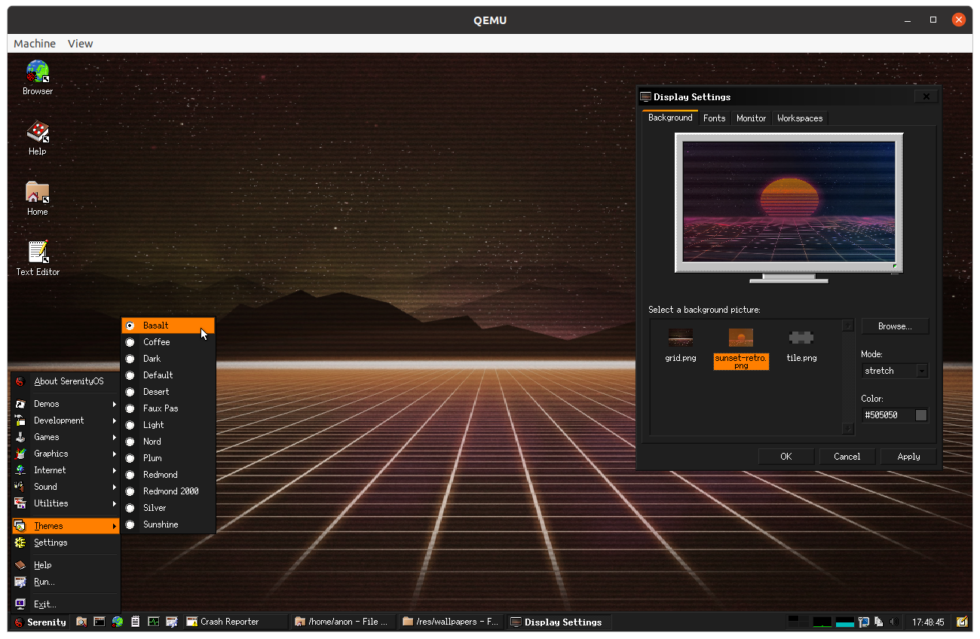Long past are the days when I’d upgrade my production OS on day/week one, but I do try to read at least one or two reviews of the latest macOS to see how much of my FOMO is well-placed. And if you’re going to read just one review, it might as well be Ars Technica’s…
I haven’t waded into the depth of this review yet, but the opener has me underwhelmed:
The throughline for all these features is about making the Mac more welcoming and comfortable for people who come to it through one of Apple’s mobile platforms…
But when was the last time that the Finder, the Dock, or the Menu Bar was given a substantial, non-cosmetic rethink? When did Apple last make major improvements to the way that windows coexist on a given screen? The Mac does get new under-the-hood features that are specific to it, but the headline features are mostly iOS and iPadOS imports, especially this year.
I would absolutely love for Apple to rethink Finder! Having said that, the fact that this reviewer is down with Stage Manager on macOS despite how terrible I’ve heard it is on iOS is intriguing…
Stage Manager differs from standard macOS multitasking by offering a column of recently used apps on the side of your screen (it’s the left-hand side by default, but it will switch if you’ve got your Dock set to use the left-hand side of your screen instead). But unlike minimizing or maximizing an app from the Dock, each “stage” can contain multiple app windows from multiple apps; switch from one stage to another, and every window on that stage will pop back up on your screen in exactly the arrangement you were using before.
It’s off by default, thank goodness, but I would like to give this a try and see how it maps to my way of window/app management. Have you tried Stage Manager on macOS? What do you think? How does it compare to iOS?

